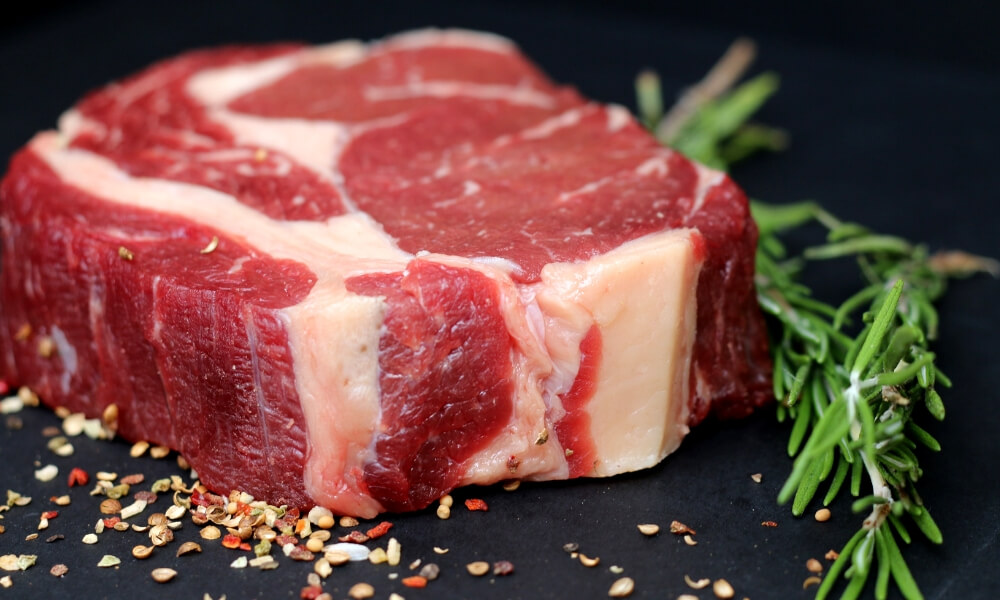



Article by: Hari Yellina
All kinds of worldwide organisations, from Swedish furniture titan Ikea to a Japanese institution that has recreated Wagyu, are tasting three-dimensional printed beef for economic viability. Synthetic beef was first developed in Israel four years ago, using stem cells from cattle that were reproduced in a lab using a method known as 3D print. Scientists at Osaka University have used Wagyu cow stem cells to 3D-print a meat replacement with muscle, fat, and blood vessels arranged to closely imitate the high-value beef. Wagyu is known all over the world for its high intramuscular fat content, often known as marbling or sashi.
The Osaka researchers used bioprinting to create individual fibres from stem cells, which they then organised in 3D to mimic the structure of actual Wagyu. According to them, this procedure allows for a customised rebuilding of the complicated meat tissue structure. “It will be feasible to not only duplicate complicated flesh structures, such as the gorgeous sashi of Wagyu beef, but also to make small modifications to the fat and muscle components,” stated senior researcher Michiya Matsusaki. “In other words, clients would be able to purchase cultured beef with the quantity of fat they like, based on taste and health concerns.” The researchers’ report discusses ushering in a more sustainable future for beef production.
Ikea’s decision to study 3D-printed copies of its iconic Swedish meatballs is definitely based on this logic. The company is merging recruitment with technological testing. As part of a new data and technology recruitment effort, it has issued an invitation to ‘those with imagination’ for a job interview over a lunch of 3D-printed meatballs. Ikea claims it has no plans to put the 3D printed meatballs on the menu just yet, but it is ‘experimenting’ by giving them to job hopefuls. The organisation has pledged that by 2025, 80 percent of the main meals offered in its restaurants will be red meat-free, and it is already selling plant balls as a meatball substitute. In fact, this month, Ikea US released Vrldsklok, a pea protein-based product that it describes as a “shapable meat substitute” that can be used to make burgers and meatballs in your Ikea kitchen.